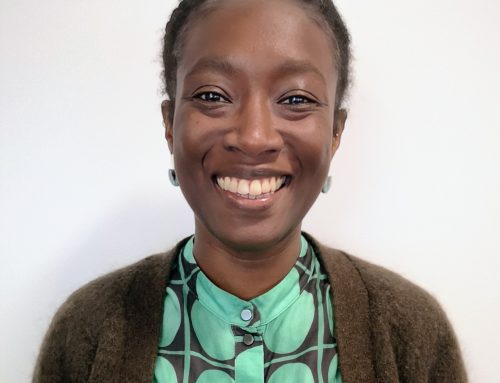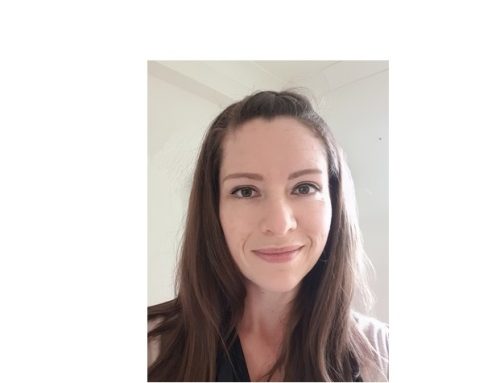A cross-institutional research team led by UCL has been awarded over £200k from Neuroblastoma UK to help develop a new type of targeted radiotherapy for children with advanced neuroblastoma. The funding award follows the team’s successful pilot study funded by CRUK RadNet City of London.
The research team – Dr Mark Gaze (UCL and UCLH), Dr Samantha Terry (KCL) and Dr Jane Sosabowski (Barts Cancer Institute, QMUL) – initially received £25k CRUK RadNet City of London seed funding for their project exploring the use of radioactive antibodies for the imaging and treatment of the poor prognosis childhood cancer neuroblastoma.
Around 100 children are diagnosed with neuroblastoma every year in the UK. Despite intensive treatment strategies which have improved survival in recent decades, fewer than half the children diagnosed with aggressive high-risk neuroblastoma are cured. The long-term outcome of these children desperately needs to be improved.
“When the cancer doesn’t respond well to treatment or comes back after earlier treatment in a child with high-risk neuroblastoma, one of the options is radiation delivered by a drug – we call that molecular radiotherapy. This is an established treatment, but it is not always effective, perhaps because some cells don’t take up the radioactive drugs in current use well enough,” says principal investigator, Dr Mark Gaze.
The new grant award will enable Mark and the research team to continue their research on developing a new radioactive drug which may be taken up better. This involves using an immunotherapy drug to deliver the radiation to cancer cells. Specifically, this immunotherapy will target GD2, an antibody which is highly expressed in neuroblastoma.
“We want to carry out a series of pre-clinical studies in which the anti-GD2 monoclonal – dinutuximab beta – is combined with novel radioisotopes to help deliver precise radiation doses. At the same time, our team will begin to prepare a clinical trial to see how effective radioactive dinutuximab beta is in treating the neuroblastoma,” says Dr Gaze.
“Our team is incredibly grateful for this opportunity to continue our research, something which wouldn’t have been possible without seed funding from CRUK RadNet City of London, which allowed us to secure additional funding from Neuroblastoma UK.”
More information
- You can find more information of the Neuroblastoma UK 2021 research grants announcement at: https://www.neuroblastoma.org.uk/news/2021/12/8/research-grants-2021
- Find out more about the research at CRUK RadNet City of London, including the 2021 CRUK RadNet City of London Seed Fund award




Leave A Comment